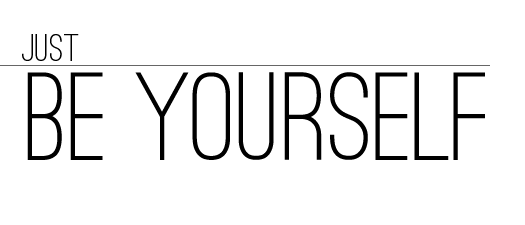“If you’re able to be yourself, then you have no competition. All you have to do is get closer and closer to that essence.”
—Barbara Cook, 20th century American singer and actress

This quote reminds me of Shakespeare’s famous “to thine own self be true” statement, from Polonius’ speech in Hamlet.
The issue of fitting in and wanting to be accepted is not simply one for our school years. It continues into adulthood, professionally and personally.
Instead of participating and competing in a world of judgement and comparison, perhaps the wisest journey and focus should be to be our best selves.
EXERCISE:
What would you need to do in either your professional or personal worlds to tap into your most authentic and genuine essence, to be perfectly yourself?
By the way, there is a book titled Perfectly Yourself, Nine Lessons for Enduring Happiness by Matthew Kelly, that I recommend you explore.









